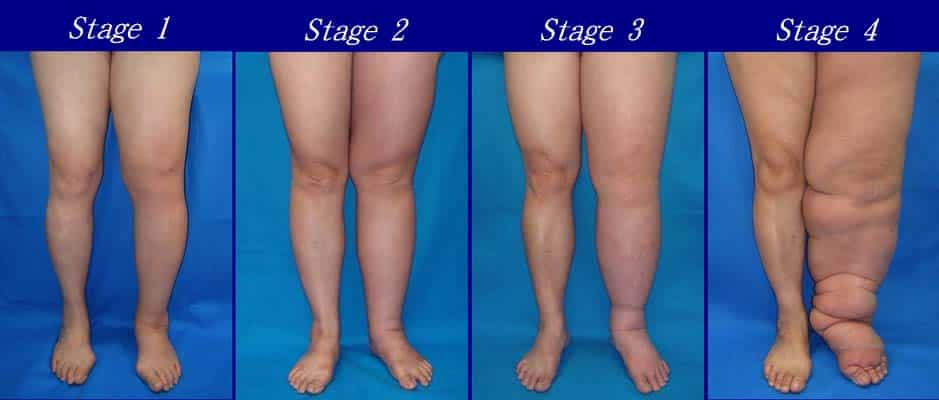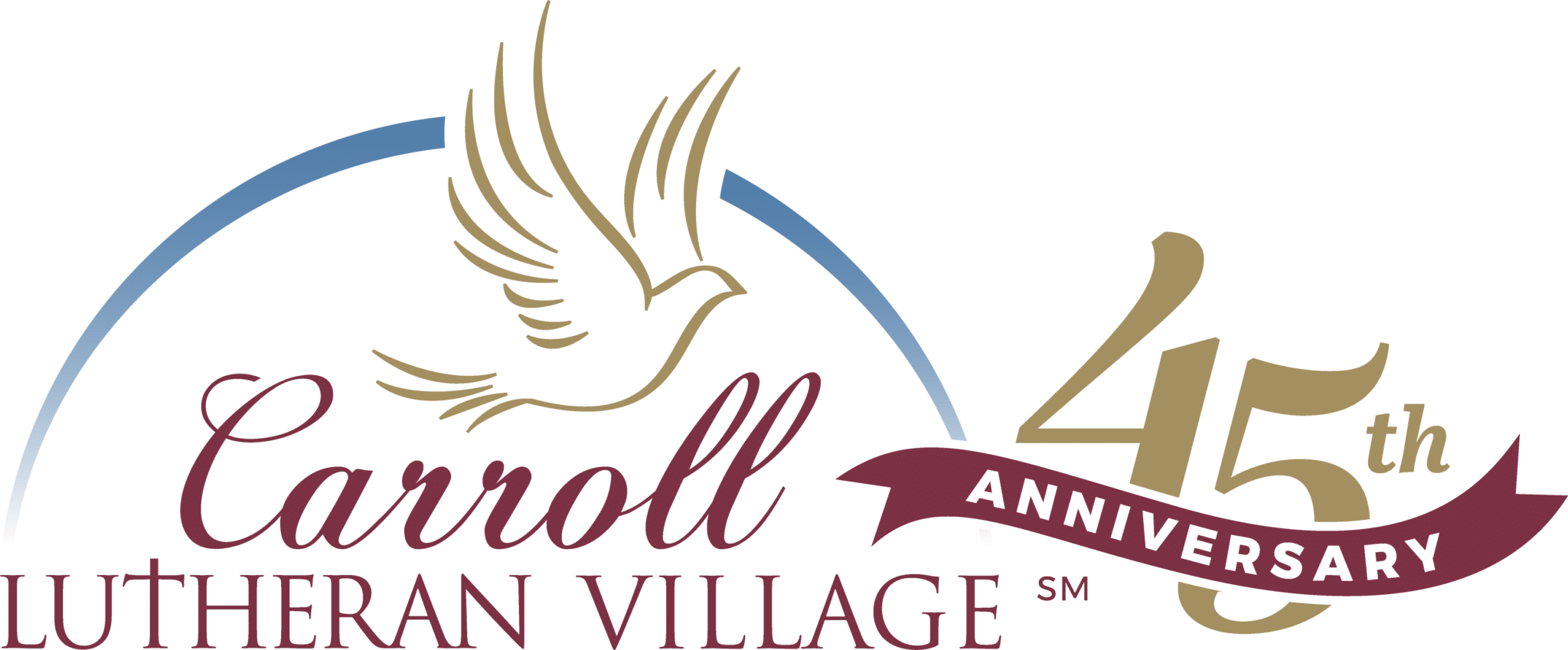 Lymphedema is a common serious condition that causes one of – but sometimes both – the arms and legs to swell. This occurs because there is a blockage in the lymphatic system that prevents fluid from draining properly. Blockage can occur when the lymphatic system has experienced trauma, such as from surgery, scarring, radiation therapy and an injury and infection.
Lymphedema is a common serious condition that causes one of – but sometimes both – the arms and legs to swell. This occurs because there is a blockage in the lymphatic system that prevents fluid from draining properly. Blockage can occur when the lymphatic system has experienced trauma, such as from surgery, scarring, radiation therapy and an injury and infection.
Though there is no cure, it can be managed, and physical and occupational therapy can help.
Physical and occupational therapists are an important part of a patient’s health care team. They work closely with patients to create a treatment program that helps control the swelling while encouraging lymph flow so they can return to performing activities as best as they are able.
Our occupational therapy team also educates health care teams (e.g. doctors, social workers, nurses and others who are involved in a patient’s care) on the signs and symptoms and the importance of compression garments and manual lymph drainage, and they work with our residents to initiate orders for therapy.

Mild Swelling
This type of swelling is typically common with the early stages of lymphedema and can often be managed with:
- Compression garments
- Exercise
- Elevating the affected limb(s)
Severe Swelling
Physical and occupational therapists may employ decongestive therapy, which includes:
- Manual lymphatic drainage, which feels like a light form of massage
- Personalized exercise program
- Compression bandaging to help reduce swelling
- Providing information on skin and nail hygiene to reduce the risk of infection
Throughout the treatment sessions, physical and occupational therapists monitor the affected limb’s size. Our occupational therapy team monitors size using water displacement and taking circumferential tape measurements.
After the size has decrease to the desired amount, the therapist helps patients take over their own care by:
- Developing a safe and sensible personalized exercise program to help patients increase their physical fitness without over straining the affected limb
- Updating their compression garments so they fit properly and best meet their needs
- Educating them about healthy eating and skin and nail care, to reduce the risk of infection
Lymphedema may not be not curable, but it is manageable with physical and occupational therapy.
Learn more about CLV’s Rehabilitation services, physical therapy and occupational therapy. If you have any questions about our services, call 443-605-4137.
